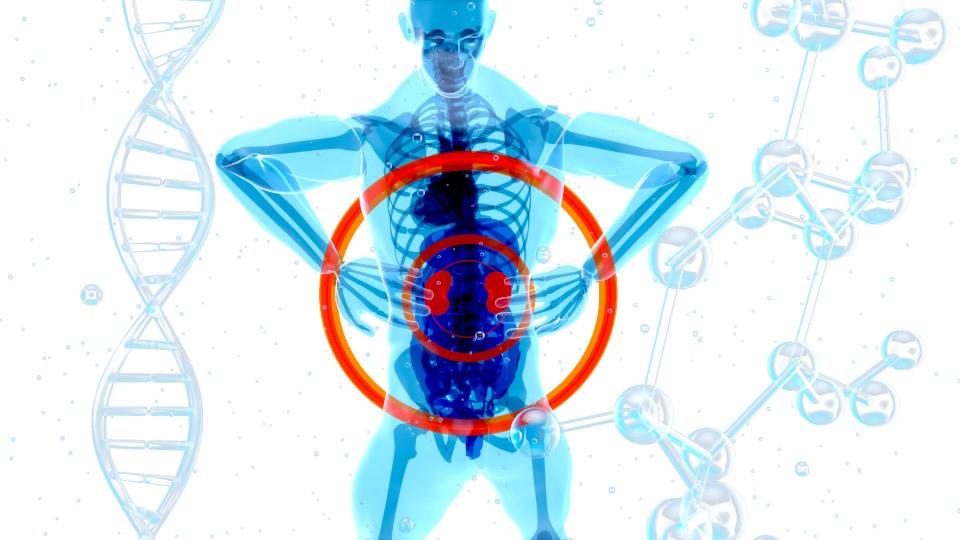Novartis adds another string to iptacopan’s bow

Novartis has another phase 3 trial win in its quiver for targeted factor B inhibitor iptacopan, building the case for the drug as a new oral therapy for diseases caused by disorders of the complement system.
The new data – in rare kidney disease IgA nephropathy (IgAN) – comes from the APPLAUSE-IgAN study, with iptacopan achieving a "clinically meaningful and highly statistically significant" reduction in the levels of protein in the urine (proteinuria) compared to placebo.
Proteinuria is a marker for kidney function, so is a surrogate marker for drug activity in IgAN, which occurs when antibodies accumulate in the kidneys, causing inflammation and scarring and potentially leading to chronic kidney disease (CKD).
Each year, approximately 25 people per million worldwide are newly diagnosed with IgAN, mostly young adults, according to Novartis, which has already reported positive results in two phase 3 trials for iptacopan in ultra-rare blood disorder paroxysmal nocturnal haemoglobinuria (PNH).
Around 30% of people who have IgAN with persistent higher levels of proteinuria may progress to kidney failure within 10 years, according to the company.
The Swiss pharma said that the APPLAUSE-IgAN study will continue to evaluate iptacopan’s ability to slow IgAN progression by measuring the estimated glomerular filtration rate (eGFR) slope over 24 months - the study’s primary endpoint - with results due in 2025.
In the meantime, it plans to start discussions with the FDA to see if it may be possible to file for accelerated approval of iptacopan in IgAN based on the current set of data, whilst waiting for the eGFR readout.
Analysts at Jefferies have previously said that iptacopan could hit $3.6 billion in peak annual sales if it gets approved for all its target indications, which along with PNH and IgAN include atypical haemolytic uraemic syndrome (aHUS), C3 glomerulopathy (C3G), and idiopathic membranous nephropathy (IMN).
IgAN is a key focus for Novartis, driving a decision to acquire Chinook Therapeutics for $3.2 billion upfront earlier this year, adding a pair of late clinical-stage programmes for the disease, namely atrasentan, an oral endothelin A receptor antagonist (ERA), and anti-APRIL antibody zigakibart.
The standard treatment for IgAN over many years was broad-spectrum immunosuppressant drugs, with potentially serious side effects.
In 2021, Calliditas Therapeutics’ corticosteroid-based Tarpeyo (budesonide) became the first FDA-approved therapy for IgAN, which improved the efficacy and tolerability of therapy, but is still immune-suppressing. It was joined earlier this year by Travere Therapeutics’ Filspari (sparsentan), another ERA drug.
Photo by julien Tromeur on Unsplash.













